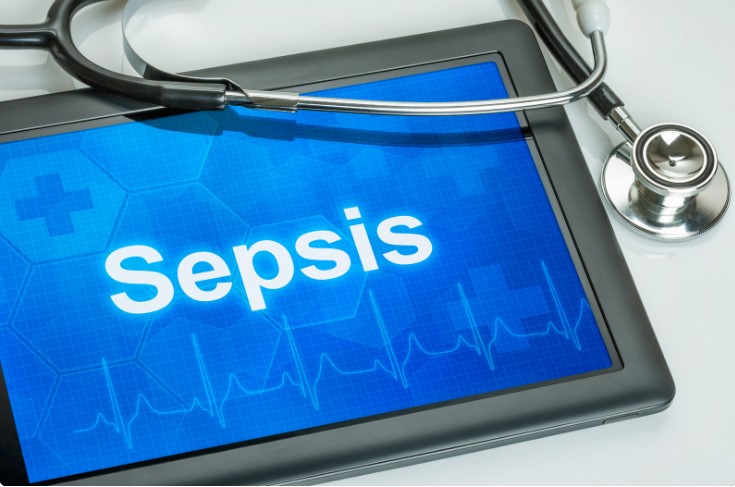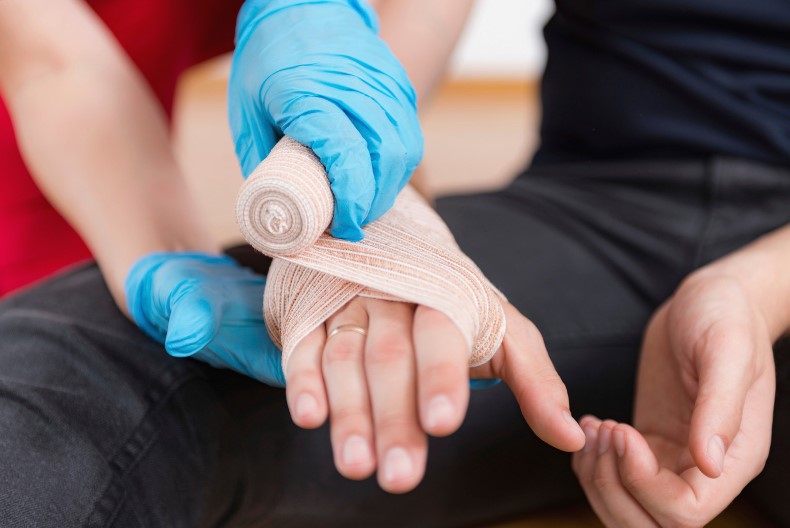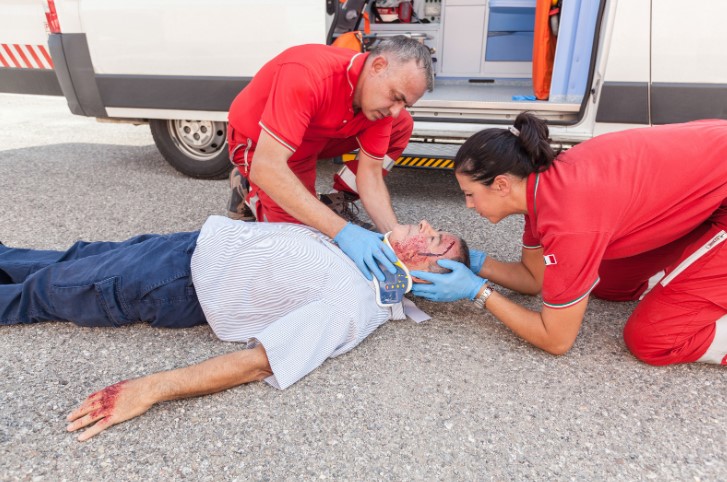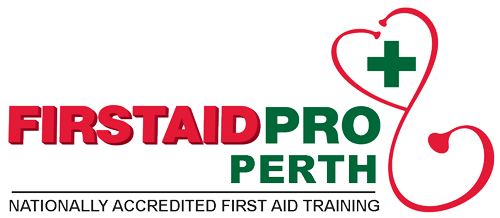High blood pressure or hypertension is a silent killer. It often has no obvious symptoms and can lead to life-threatening complications like heart attack, stroke, and kidney failure. Left untreated, high blood pressure can also cause permanent damage to the heart and kidneys.
Before you start treating your high blood pressure at home, it is important to understand what it is, how it affects you and if you need to see a doctor about it. High blood pressure is not as simple as having too much pressure in your veins (so draining blood off isn’t going to help). Rather, it’s a question of how hard your heart needs to work to push blood through your system.
Blood pressure is measured in “Milligrams of Mercury” (mmHg), and average human blood pressure is normally around “120 over 80” (often written as “120 / 80 mmHg”). That means 120 mmHg at the moment when your heart beats and is pushing blood through your veins (your diastolic blood pressure), and 80mmHg between beats (your systolic blood pressure). “High” blood pressue generally means more than 140 / 90 mmHg.
How Does High Blood Pressure Affect The Body?
When your blood pressure is too high, it can cause damage to your organs, especially to your heart and kidneys. It also increases your risk for stroke, a heart attack, and kidney failure. If someone suffers a stroke or heart attack in your care, you need to administer CPR and call 000 immediately. CPR is a First Aid skill and is best learned under a professional trainer in a CPR course.
The sooner you treat high blood pressure, the lower your risk for these complications. If you are diagnosed with high blood pressure, your doctor may prescribe medication to help lower your blood pressure. It is important to follow through with your doctor’s instructions to lower your blood pressure to a healthy level.
Causes Of High Blood Pressure
There are many reasons why your blood pressure may be too high. Some of them are genetic, while others can be caused by lifestyle habits, such as the ones listed below:
- Too much salt
- Too much alcohol
- Lack of exercise
- Insufficient sleep
- Too much caffeine
- Excessive stress
- Being overweight
- Having a poor diet
- Genetic factors
High Blood Pressure Symptoms
Here are some blood pressure symptoms you should be on the lookout for if you think you have high blood pressure:
- Headaches: Any kind of headache, be it a migraine or an eye strain headache, can be a sign that your blood pressure is too high.
- Vision problems: Blurred vision, seeing spots, and eye pain can also be a sign of hypertension.
- Shortness of breath: If you feel like you cannot take a full breath, even while lying down, it could be an indicator of high blood pressure.
- Chest pain could be a sign of angina, a type of heart disease that can lead to a heart attack.
- Feeling faint: If you feel like you are going to pass out, this can also be a high blood pressure warning.
- Dizziness: Feeling dizzy or lightheaded can be hypertension related.
- Swelling: If you see swelling in your hands, legs, or feet, it could be a sign that your blood pressure is too high.
- Numbness: Tingling or numbness in your legs or arms can potentially be blood pressure related.
- Urinary problems: Having trouble peeing, having to go often, or feeling a burning sensation while peeing can sometimes be a warning sign high blood pressure.
Tips For Managing Hypertension At Home
You can do a few things to naturally lower your blood pressure at home. These include:
- Eat a balanced diet: Eat a well-balanced diet rich in nutrients. Include foods like fruits and veggies, fish, whole grains, and low-fat dairy products.
- Lose weight: Being overweight can negatively effect blood pressure. As such, losing weight can help fix the problem.
- Exercise regularly: Regular exercise is one of the best ways to lower your blood pressure.
- Get enough sleep: Lack of sleep can cause hypertension. It’s important to get enough sleep.
- Avoid caffeine: Caffeine can cause your blood pressure to rise – so use in moderation.
- Stay away from stress: Stress can cause your blood pressure to rise, so doing what you can to reduce stress in your life can help in more ways than one.
The world health organisation (WHO) has guidelines and factsheets on dealing with and living with hypertension.
Food To Help You Control Your Blood Pressure
Some foods are good for your blood pressure, whereas others are not. Here are some of the food items that can help lower your blood pressure:
- Fruits and veggies: Fruits and vegetables are rich in antioxidants and fibre.
- Fish: Fish, especially salmon, mackerel, sardines, and tuna, is rich in omega-3 fatty acids.
- Nuts: Nuts, especially almonds, walnuts, and peanuts, are rich in protein and fibre.
- Legumes: Legumes, especially chickpeas and kidney beans, are fibre-rich.
And here are some foods that might increase your blood pressure:
- Meat: Meat, especially processed meats, is high in saturated fats and sodium, which can negatively affect your blood pressure.
- Butter: Butter is high in saturated fats and sodium.
- Alcohol: Alcohol, especially beer and hard liquor, can increase blood pressure.
- Cheese: Cheese is rich in sodium and fat.
Take Medication As Prescribed
One thing you should remember while managing high blood pressure is that you must take your blood pressure medication exactly as prescribed. Taking too little or too much can be dangerous. It can also make your blood pressure harder to control.
There are two main types of blood pressure medications: diuretics and beta-blockers. Diuretics help reduce the amount of water your body retains, making your blood less viscous and easier to pump through your body. Beta-blockers help relax your blood vessels and lower your blood pressure.
Not all blood pressure medications work the same way or for everyone. It is important to discuss your health and treatment options with your doctor to find the best medication for you.
In The End
Hypertension is the medical term for high blood pressure. An unhealthy lifestyle and diet can cause it, but it can be managed and reduced with lifestyle changes. High blood pressure is often called the silent killer because there are few symptoms, and it can lead to serious health complications such as heart attack, stroke, and kidney failure.
If one of your family member or loved ones suffers from high blood pressure, it may be very wise to invest a day in getting professional first aid training, meaning you’ll be ready if any such complications arise.
If you have high blood pressure, it is important to consult a doctor, and take steps to bring things under control.








